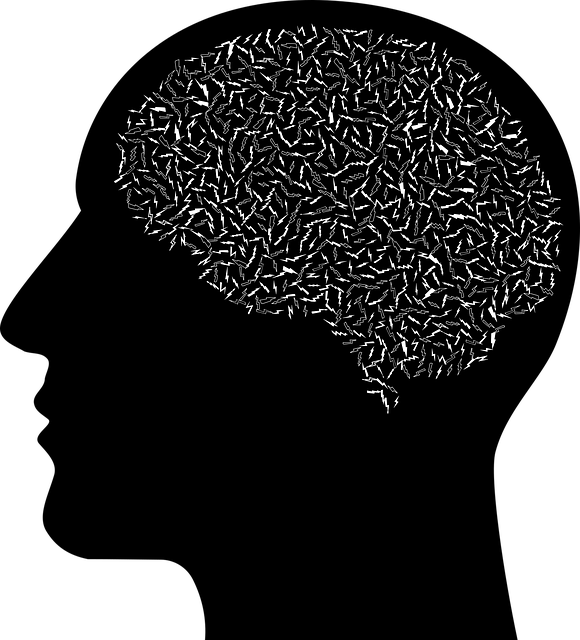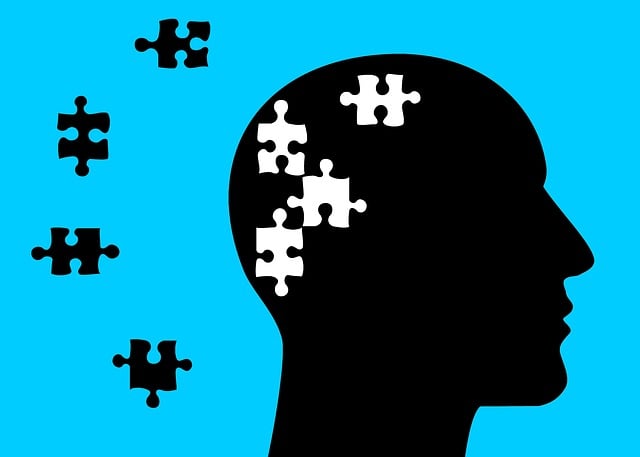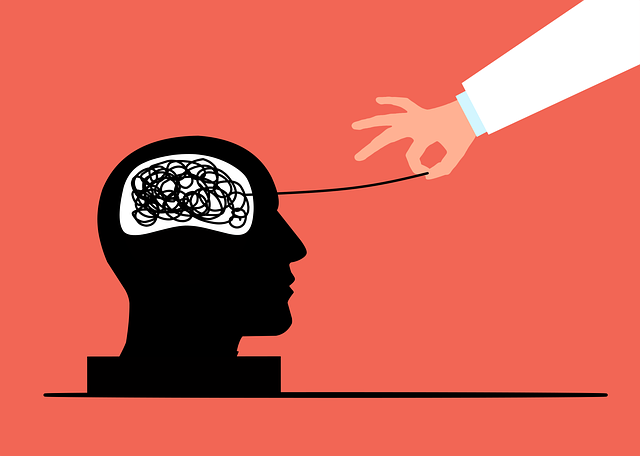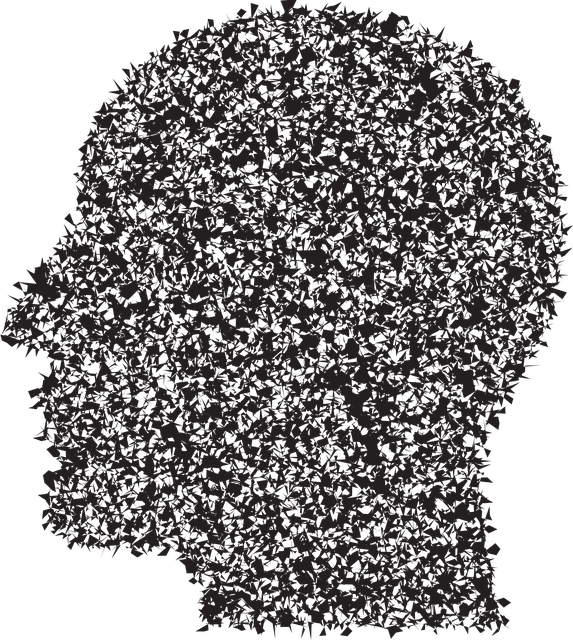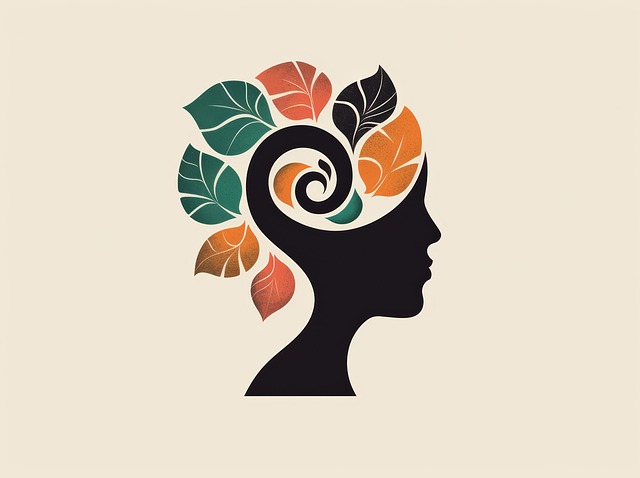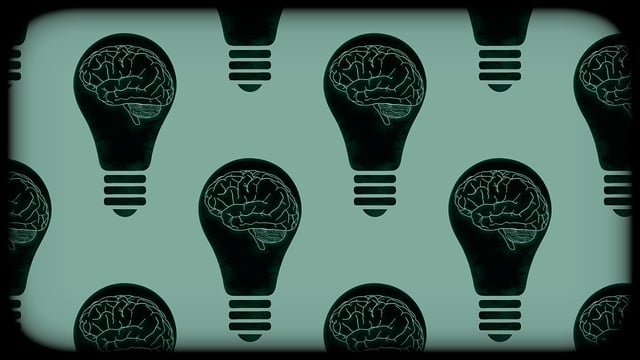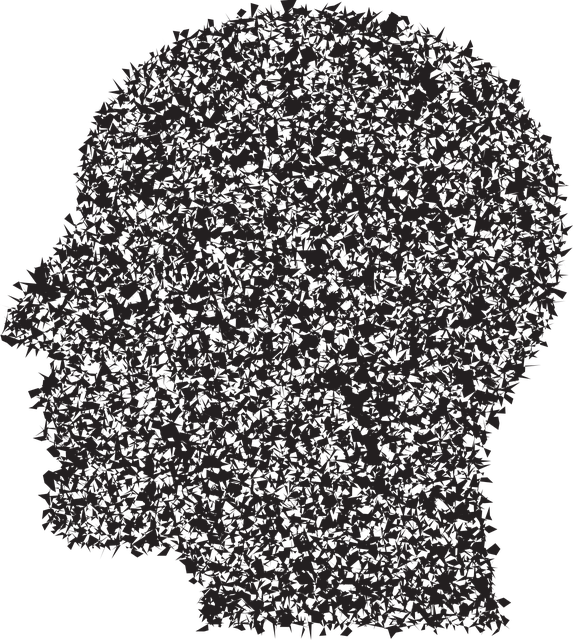The representation of mental health in Hebrew media is crucial but often falls short, reinforcing stereotypes and contributing to stigma. To foster open conversations and improve access to therapy for adolescent teens in Hebrew-speaking communities, media must portray authentic stories of mood disorders, self-esteem issues, and burnout. By integrating real-life narratives, education on compassion, and public awareness campaigns, media can help normalize mental health discussions. Specialized Therapy for Adolescent Teens Hebrew Speaking services are vital to overcome language barriers, cultural stigmas, and limited resources, offering culturally sensitive environments and tailored treatment methods. Community outreach programs further enhance mental wellness through workshops, peer groups, and collaborations.
“In a world where media significantly influences public perception, accurate representation of mental illness is paramount, especially within diverse communities. This article explores the current state of mental health portrayal in Hebrew media and its profound impact on adolescent teens, often leading to stigma and misconceptions. We delve into effective strategies to challenge stereotypes and highlight available therapy options tailored for Hebrew-speaking teens, offering a roadmap towards destigmatization and improved support.”
- Understanding the Current State: Mental Health Portrayal in Hebrew Media
- The Impact on Adolescent Teens: Stigma and Misconceptions
- Effective Strategies for Positive Change: Challenging Stereotypes
- Therapy Options and Resources: Supporting Hebrew Speaking Teens
Understanding the Current State: Mental Health Portrayal in Hebrew Media

The representation of mental health in Hebrew media has been a subject of growing interest and scrutiny. In recent years, there has been a push to challenge stereotypes and provide a more accurate portrayal of mental illness, particularly among adolescents and teens in Hebrew-speaking communities. The current state of mental health media coverage often falls short, perpetuating misconceptions and contributing to the stigma surrounding these issues.
Hebrew media’s approach to mental health stories is evolving, but it still faces challenges. Many representations tend to focus on extreme cases or portray individuals as either completely broken or fully recovered, without exploring the nuances of various conditions. However, there is a growing recognition of the importance of authentic storytelling that reflects the diverse experiences of teenagers battling mood disorders, self-esteem issues, and burnout. By incorporating therapy for adolescent teens in Hebrew speaking communities and promoting awareness about effective coping strategies, media platforms can play a significant role in encouraging open conversations about mental health, ultimately fostering better mood management and self-esteem improvement while also implementing burnout prevention strategies for healthcare providers.
The Impact on Adolescent Teens: Stigma and Misconceptions

The media’s portrayal of mental illness significantly influences how society understands and treats those affected, particularly adolescent teens. Hebrew-speaking teens are no exception; their exposure to various forms of media can reinforce or challenge existing misconceptions about mental health issues. Unfortunately, common depictions often perpetuate stigma, leading to a culture where teens feel ashamed to seek therapy for adolescent teens. This reluctance can have severe consequences, impacting their ability to access the necessary support and treatment, such as cognitive behavioral therapy for adolescent teens.
The impact of these media representations is profound, shaping young minds and influencing their perception of themselves and their peers. By promoting inaccurate or limited views, media content may discourage teens from recognizing and acknowledging their own struggles with mental health. However, with the right approach, this can be turned into an opportunity to foster understanding. Mind over Matter principles, coupled with resilience-building techniques and mood management strategies, can empower Hebrew-speaking teens to navigate these challenges and seek help without fear of judgment.
Effective Strategies for Positive Change: Challenging Stereotypes

Mental illness representation in media plays a pivotal role in shaping public perception and understanding. To foster positive change, it’s crucial to challenge stereotypes often portrayed in popular culture. By promoting accurate and empathetic portrayals, we can create an environment that encourages support and reduces stigma. One effective strategy is integrating real-life stories of Hebrew-speaking adolescent teens who have successfully navigated mental health challenges through therapy and support systems. Sharing these narratives can cultivate compassion and inspire hope among viewers.
Additionally, public awareness campaigns focused on mental health can significantly contribute to this shift. These campaigns, coupled with education on compassion cultivation practices and trauma support services, can help normalize conversations about mental illness. Engaging various communities, including cultural groups often underrepresented in media, ensures that the conversation is inclusive and representative of diverse experiences. This collective effort can lead to more nuanced representations, fostering a society that embraces mental health awareness and supports those in need.
Therapy Options and Resources: Supporting Hebrew Speaking Teens

For Hebrew-speaking teens struggling with mental health issues, accessing culturally sensitive and tailored therapy options is essential. Many young individuals in this community may face barriers when seeking support due to language differences, cultural stigmas, or a lack of readily available resources. To address these challenges, specialized therapy services designed specifically for adolescent teens speaking Hebrew are crucial. These services not only provide an environment where teens feel comfortable and understood but also offer specialized treatment approaches that cater to their unique needs and experiences.
Community outreach programs play a vital role in enhancing mental wellness among Hebrew-speaking teenagers by raising awareness, reducing stigma, and providing accessible resources. Such initiatives can include educational workshops, peer support groups, and collaborations with cultural leaders to foster resilience building within the community. By implementing these strategies, teens can receive the necessary therapy for adolescent teens Hebrew speaking while also gaining access to a supportive network that promotes overall mental wellness.
The representation of mental illness in media has a profound impact on society’s perception, especially among adolescents. By challenging stereotypes and promoting accurate portrayals, we can foster a more supportive environment for Hebrew-speaking teens struggling with mental health issues. The strategies outlined in this article, coupled with accessible therapy options tailored to their needs, offer a path towards reducing stigma and encouraging help-seeking behaviors. Encouraging open conversations about mental health is key to ensuring these young individuals receive the necessary care and support they deserve.



